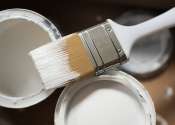Researchers create new chemical compound to solve 120-year-old problem
For the first time, chemists in the University of Minnesota Twin Cities College of Science and Engineering have created a highly reactive chemical compound that has eluded scientists for more than 120 years. The discovery ...









